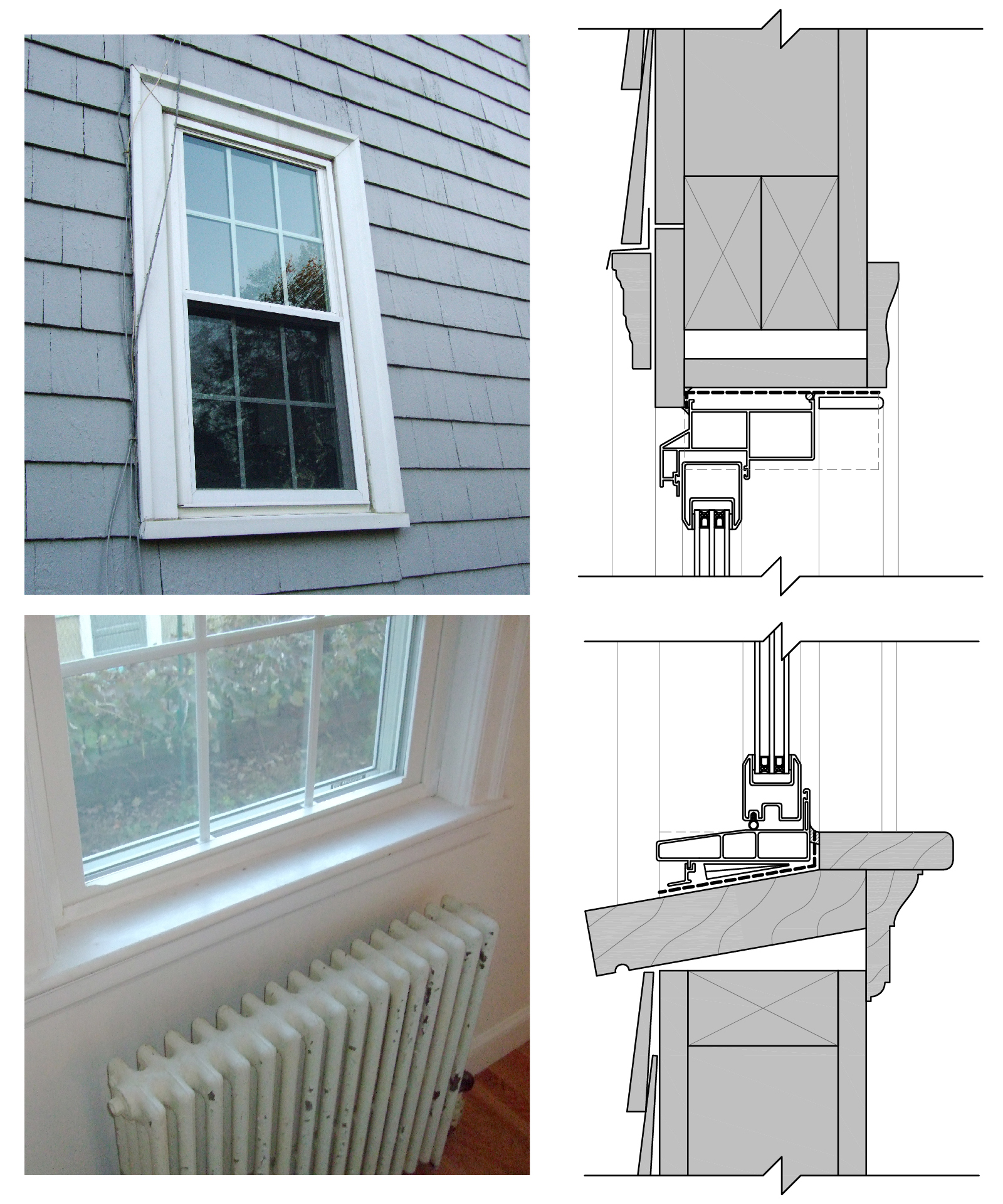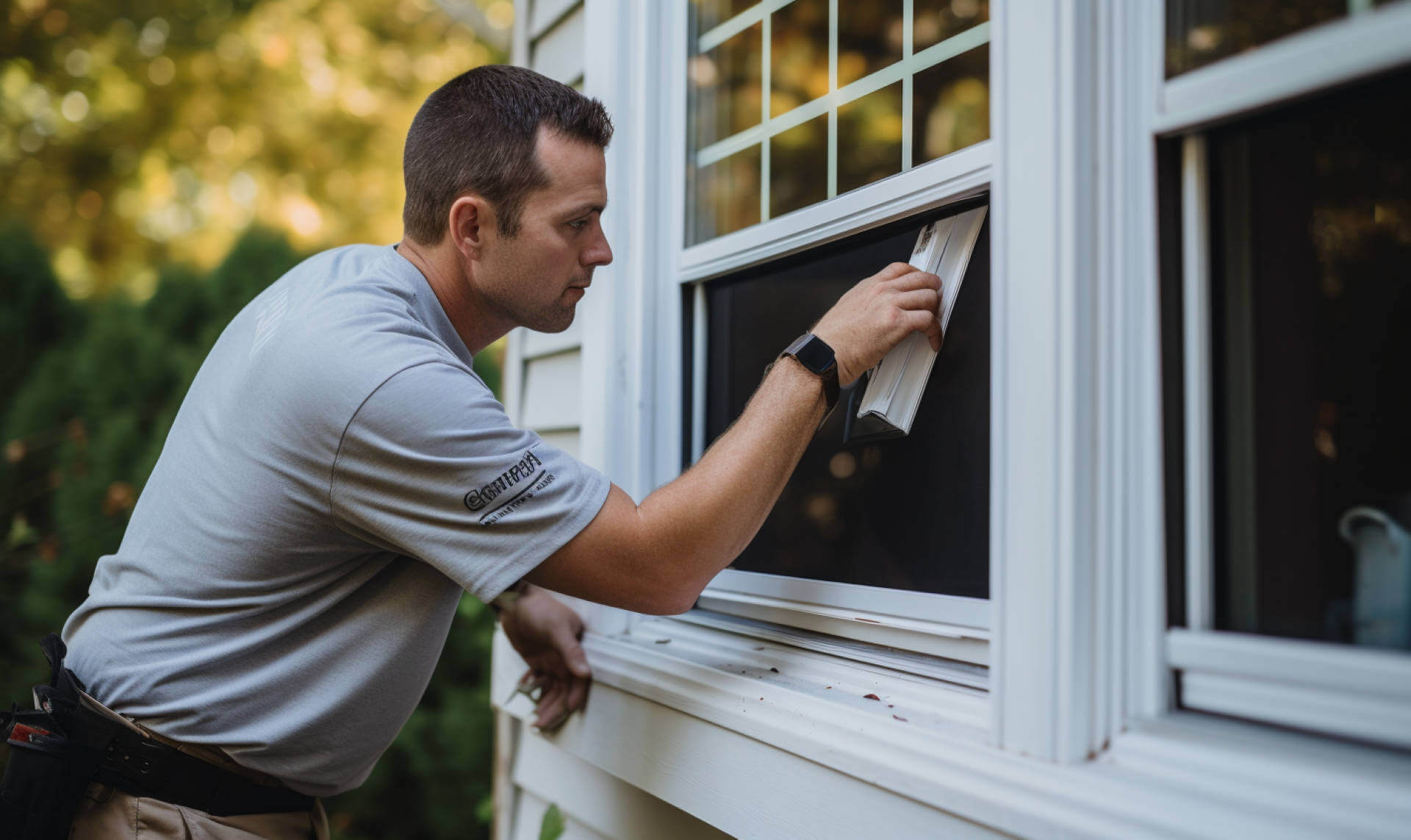Cypress Window Replacement Providers You Can Count On
Cypress Window Replacement Providers You Can Count On
Blog Article
Upgrade Your Home With Energy-Efficient Window Replacements
In the realm of home enhancement, the decision to update to energy-efficient window substitutes can dramatically impact both the capability and appearances of a home (window replacement). As homeowners seek methods to enhance the performance and sustainability of their home, the choice of home windows plays a crucial function in accomplishing these objectives. Beyond the surface area level of mere aesthetic appeals, energy-efficient home windows use a plethora of advantages that go beyond mere aesthetic appeal. With a careful option process that thinks about numerous elements, from glass types to installment techniques, beginning on this home upgrade trip could verify to be a transformative endeavor.
Benefits of Energy-Efficient Windows

The installment of energy-efficient windows supplies significant cost savings on energy expenses while boosting ecological sustainability. Energy-efficient windows are created to minimize heat loss and gain, reducing the need for home heating and cooling down systems to work overtime. By effectively shielding the home, these home windows help preserve a comfy indoor temperature level year-round, causing lower energy consumption and decreased utility costs. Additionally, energy-efficient windows can help control moisture levels within the home, reducing the danger of mold and mildew and mold growth.
Past the financial benefits, energy-efficient windows add to environmental sustainability by decreasing carbon exhausts associated with power production. On the whole, spending in energy-efficient home windows not just improves the comfort and performance of a home however also straightens with eco conscious techniques.
Types of Energy-Efficient Glass
Various innovative sorts of energy-efficient glass offer one-of-a-kind buildings that cater to different needs and choices in enhancing the sustainability and efficiency of structures. Low-emissivity (Low-E) glass is a popular choice created to lessen the quantity of ultraviolet and infrared light that can pass via the glass, consequently lowering heat transfer. This sort of glass aids preserve a regular interior temperature level, lowering the demand for heating or cooling systems, and inevitably lowering energy prices. Another cutting-edge option is spectrally careful glass, which allows visible light to go through while blocking certain kinds of infrared radiation. This assists in preserving a comfortable indoor environment while minimizing heat gain. Triple-pane glass, containing 3 layers of glass with protecting gas between them, provides enhanced thermal insulation, making it very energy-efficient. In addition, self-cleaning glass with an unique layer that damages down and loosens dust when revealed to sunshine can minimize maintenance demands and keep home windows looking clean. Each kind of energy-efficient glass supplies unique advantages, allowing home owners to pick the most ideal choice based on their particular demands and goals.
Variables to Consider When Selecting
When considering energy-efficient window substitutes, my site it is imperative to very carefully assess particular elements that line up with your Going Here sustainability objectives and preferred power financial savings. The U-factor procedures how well the window shields, with lower numbers showing far better insulation, while the SHGC indicates the window's capacity to obstruct warmth from sunlight. By thoroughly examining these aspects, you can pick energy-efficient windows that improve comfort, minimize energy prices, and profit the atmosphere.
Setup and Maintenance Tips

Routine upkeep is key to maintaining the performance of your energy-efficient home windows. Inspect the home windows regularly for any type of signs of wear, damage, or sealer deterioration. Clean the frames, tracks, and glass routinely utilizing moderate soap and water to eliminate dirt and gunk that can influence efficiency. Check the weather-stripping and seals for any kind of splits or gaps and replace them if required to preserve the windows' power efficiency.
On top of that, lubricate relocating parts such as joints and locks to ensure smooth operation. By following these setup and upkeep pointers, you can boost the power performance of your home and extend the lifespan of your energy-efficient home windows.
Cost-Benefit Evaluation of Upgrading

Energy-efficient home windows are developed to lessen heat transfer, reducing the requirement for heating and cooling i was reading this down systems to burn the midnight oil. This can result in considerable financial savings on power bills, specifically in regions with extreme temperature levels. In addition, energy-efficient windows can boost the total worth of your home, making it a lot more eye-catching to prospective customers if you decide to market in the future.
When determining the cost-benefit evaluation, consider the potential savings on power costs, any available motivations or rebates, and the life-span of the windows. While the preliminary cost might be higher, the lasting cost savings and benefits of energy-efficient windows make them a clever financial investment for house owners aiming to improve their home's energy performance and worth.

Verdict
To conclude, upgrading to energy-efficient window replacements supplies countless benefits such as lowered power usage, boosted comfort, and expense savings. By selecting the suitable kind of energy-efficient glass and taking into consideration aspects like frame material and installation, homeowners can make best use of the performance of their windows. Regular maintenance and correct setup are necessary for long-lasting performance. In general, the cost-benefit analysis of updating to energy-efficient home windows reveals that the preliminary investment can lead to substantial savings in the lengthy run.
When considering energy-efficient home window substitutes, it is crucial to carefully analyze particular elements that align with your sustainability objectives and preferred power savings. The U-factor steps how well the home window protects, with reduced numbers showing far better insulation, while the SHGC indicates the home window's ability to block warm from sunlight. By meticulously reviewing these elements, you can select energy-efficient home windows that boost convenience, lower energy costs, and benefit the environment.
While energy-efficient home windows might have a greater ahead of time cost compared to conventional windows, the lasting benefits typically exceed the preliminary financial investment.In conclusion, upgrading to energy-efficient home window substitutes provides numerous benefits such as reduced power usage, boosted convenience, and cost savings.
Report this page